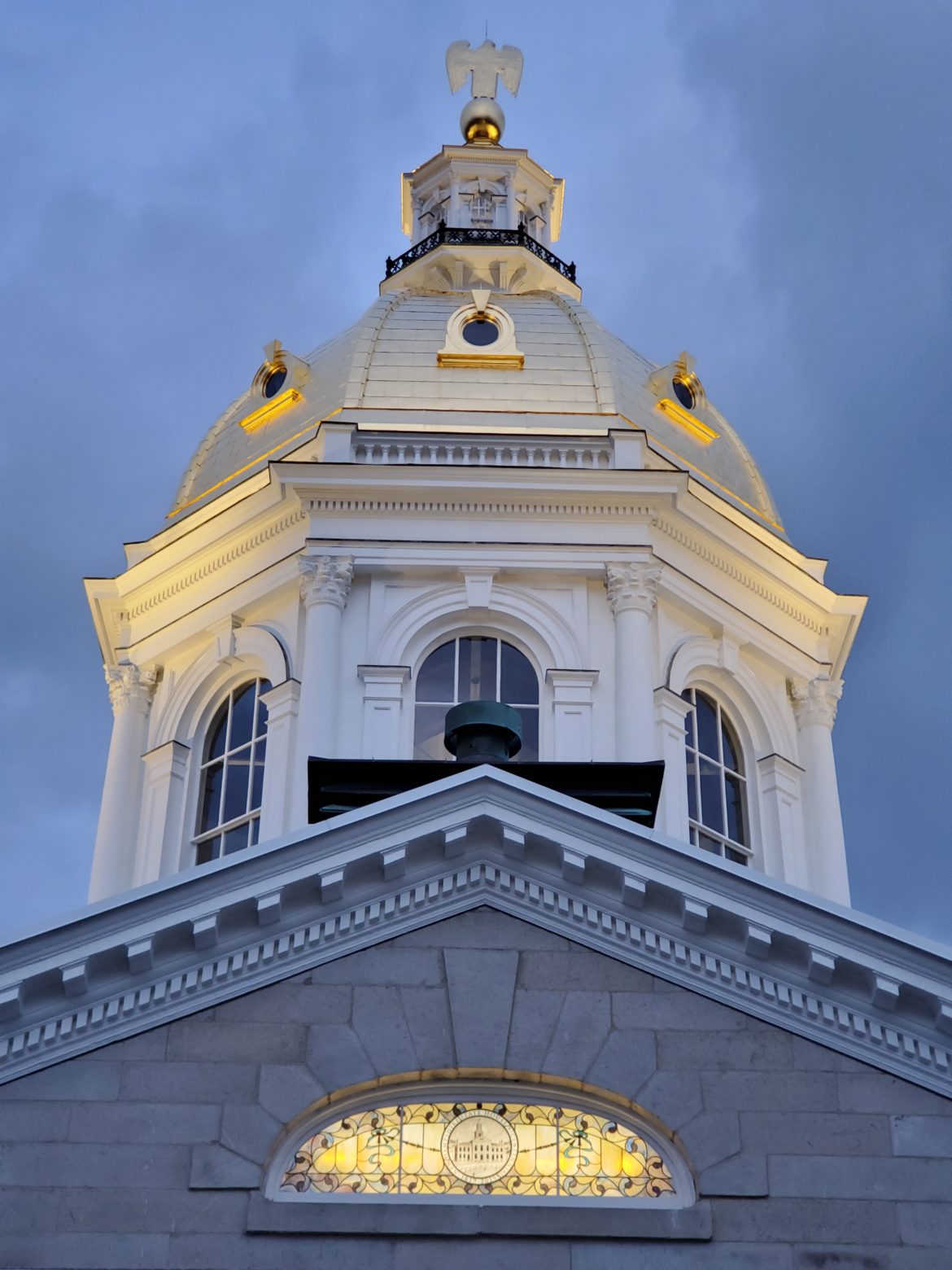By GARRY RAYNO, InDepthNH.org
CONCORD – Preliminary financial true-ups for the recently completed 2024 fiscal year indicate state revenues produced a total of $3.32 billion for the state general and education trust funds.
The figures will be finalized during the annual comprehensive audit of state finances that will be completed sometime near the end of the year.
The preliminary figures which adjust the numbers for money earned in the 2024 fiscal year or credited to the current fiscal year, but they do indicate crafting the next biennial budget could be difficult.
The figures released Monday show a revenue surplus of $126.4 million for the 2024 fiscal year, and an increase in revenue of $111.2 million over the 2023 fiscal year.
The preliminary adjustments indicate the state’s single largest revenue source — business taxes — were below estimates by $29.1 million or 2.3 percent and prior year by 3.3 percent or $41 million.
The $1.22 billion in business taxes fund both the General Fund and the Education Trust Fund, and that split shows a surplus of $42.1 million for the General Fund and a deficit of $71.2 million for the education fund, with its increased responsibility to fund the new Education Trust Fund Program.
The state’s second largest source of revenue, the rooms and meals tax, produced $328.6 million for the last fiscal year, reflecting a surplus of $7.5million and $9.6 million over the 2023 fiscal year.
One of three revenue sources that greatly exceeded estimates for the 2024 fiscal year was the interest and dividends tax which produced $184.3 million, a revenue surplus of $61.5 million or 50.1 percent. The levy produced $38.1 million more than a year ago, or 24.4 percent.
However, the levy will be repealed at the end of this calendar year leaving an annual hole of more than at least $125 million.
Another revenue source producing a large surplus was the Lottery Commission generating $201 million, a surplus of $41 million or 25.6 percent, and an increase of $13.6 million over a year ago.
The “Other” category also had a significant surplus of $85.7 million on total revenues of $184.6 million, which is also an increase of $13.6 million over a year ago.
Much of the surplus revenue comes from interest earned on federal money the state received for COVID relief and recovery and from past state surpluses, both of which will be diminished in the future.
The Insurance Tax also produced $23.2 million more than estimates for the year, on total revenue of $163.3 million.
On the negative side of the fiscal picture, the tobacco tax continued its downward spiral producing $190 million, $24.5 million below estimates, and the real estate transfer tax shows a deficit of $26.3 million for the 2024 fiscal year, on total revenues of $183.7 million.
Another traditional foundation of the state’s revenue system, liquor sales, also shows a sharp decrease from estimates.
Transfers from the Liquor Commission produced $113.3 million reflecting a $16.5 million deficit.
Both the Highway Fund and the Fish and Game Fund generated more money than budget writers anticipated when they developed the budget more than a year ago.
The Highway Fund, which largely depends on the gas tax and auto registrations, produced $266.8 million, which is a surplus of $6.8 million and nearly $11 million more than a year ago.
The Fish and Game Fund generated largely by licenses produced $14.9 million for the fiscal year, which reflects a surplus of $1.1 million over estimates, but $100,000 less than a year ago.
The Department of Administrative Services said the figures may change before the state prepares draft statements for the auditors at the end of September.
Garry Rayno may be reached at garry.rayno@yahoo.com.





